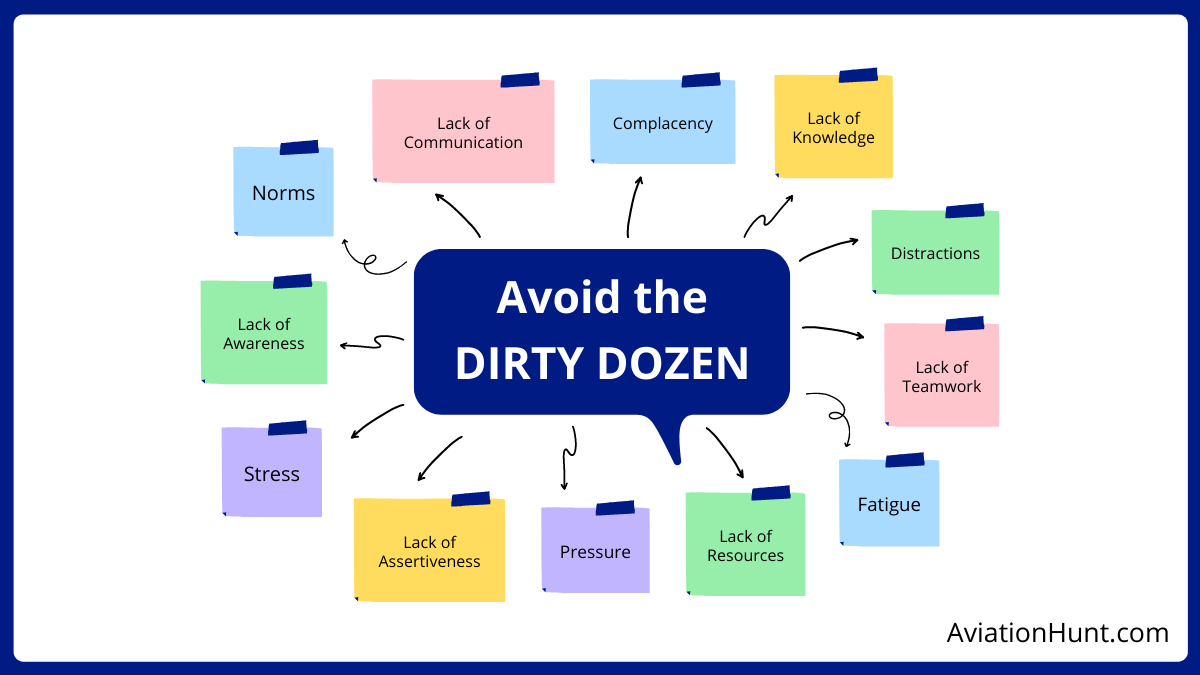Human Factors
Human Factors
Human factors are important in all jobs and aspects of life but is particularly important in the aviation industry. According to the Civil Aviation Safety Authority, human factors is defined as, "the social and personal skills, such as communication and decision making which complement our technical skills." (Australian Government, 2016). Bottom line, human factors dictate and affect daily job tasks and how these tasks get accomplished. Some of us have heard of “The Dirty Dozen” mentioned in the aviation industry. According to the FAA, approximately 80% of aviation mistakes and accidents involve human factors (FAA, 2012).

Now some of these factors can be corrected very easily when you work by yourself: you can make up for fatigue by a cup of coffee, or an energy bar. However, you are hardly ever working by yourself in the aviation industry, no matter your job. So, when you are working as a team, these human factors are even more impactful on accomplishing tasks and goals. In some situations, you have time to analyze and make a mindful decision. On the other hand, you must be quick on your feet and make fast decisions. According to the Pilot’s Handbook of Aeronautical Knowledge, “there is not always time to make decisions based on analytical decision-making skills.” (Pilot’s Handbook of Aeronautical Knowledge, Ch. 2). Therefore, being aware of these human factors ahead of time is crucial.
Take for example a refuel operation before flight. You have many different members involved in the task: the truck operator, a marshaller/maintenance member, and an airfield management driver to mediate/coordinate the setup. Communication is vital in this operation, as well as many more of the “dirty dozen”. Some things can be visibly identifiable: you can see when someone is tired or distracted. Other factors cannot be seen, such as pressure or stress: you may not know what someone is going through at home that may affect their work. With that being said, I think everyone needs to have a heightened awareness when performing aviation tasks and that includes air and ground operations. Being fully aware of the situation and assessing risk management before even starting the task can save time, money, and lives.
References
Avoid the dirty dozen - faasafety.gov. (2012). Retrieved October 6, 2021, from https://www.faasafety.gov/files/gslac/library/documents/2012/Nov/71574/DirtyDozenWeb3.pdf.
Pilot's Handbook of Aeronautical Knowledge, Chapter 2: Aeronautical Decision-Making
Safety Management Systems and Human Factors. (2016, February 16). Human factors. Civil Aviation Safety Authority. Retrieved October 6, 2021, from https://www.casa.gov.au/safety-management/human-factors.
Comments
Post a Comment